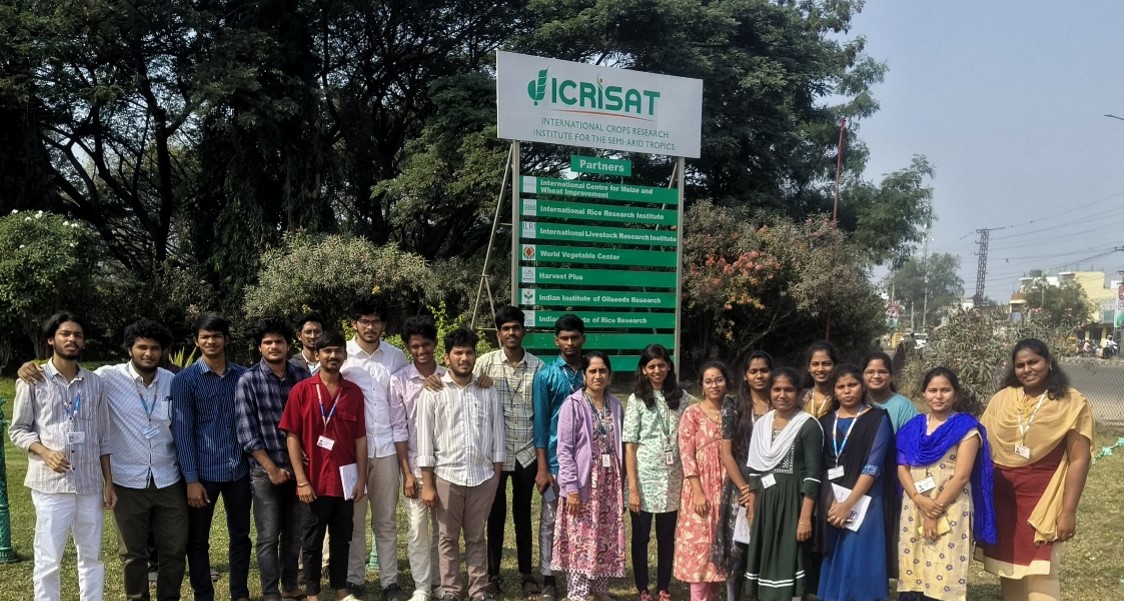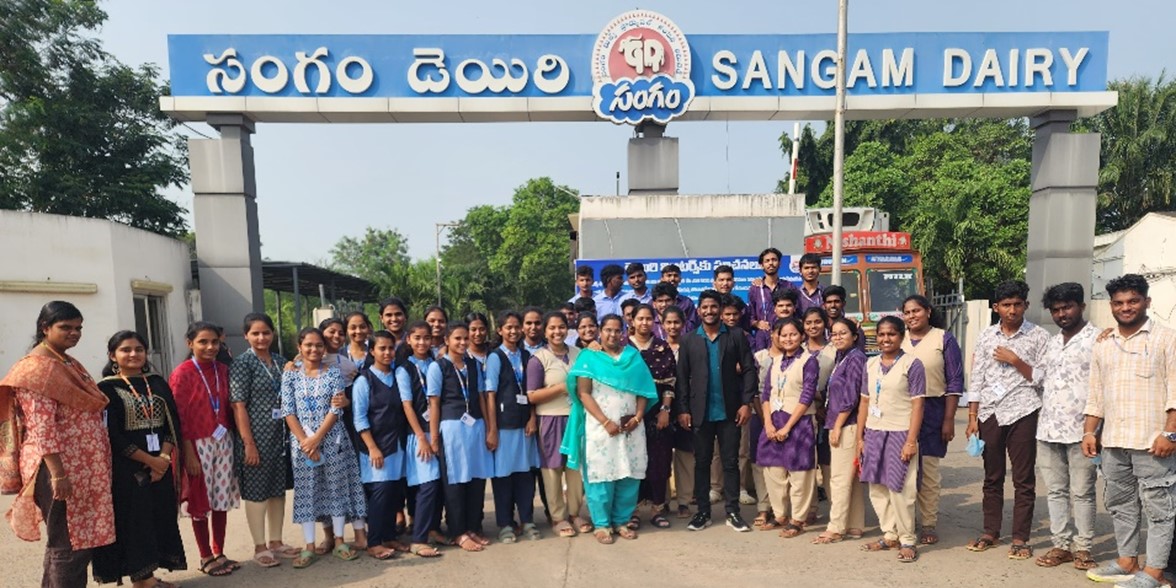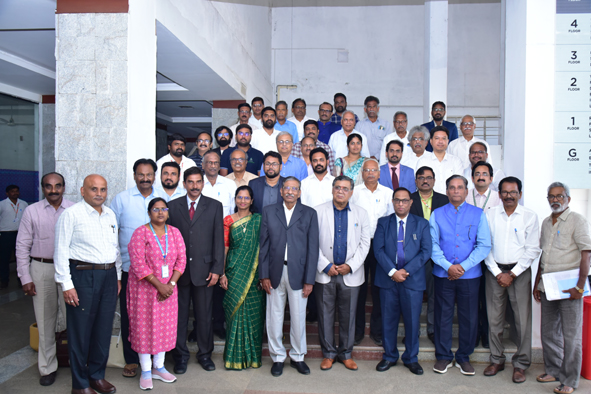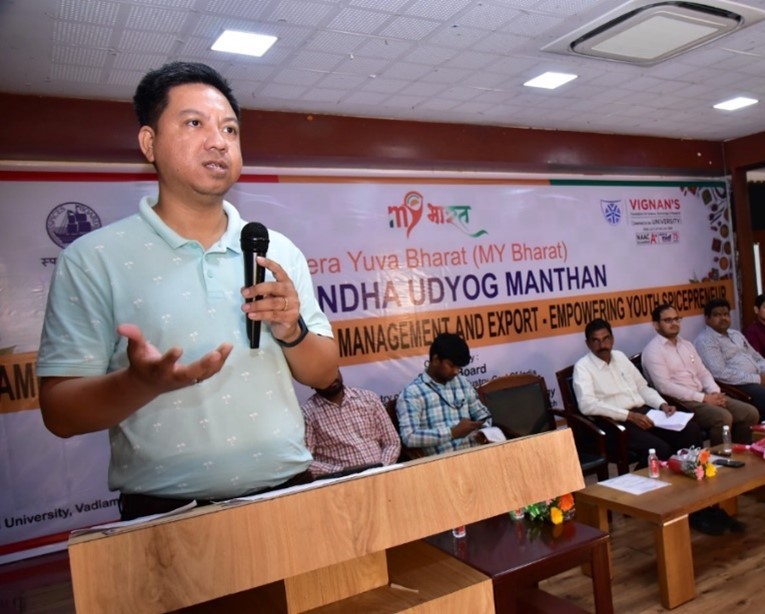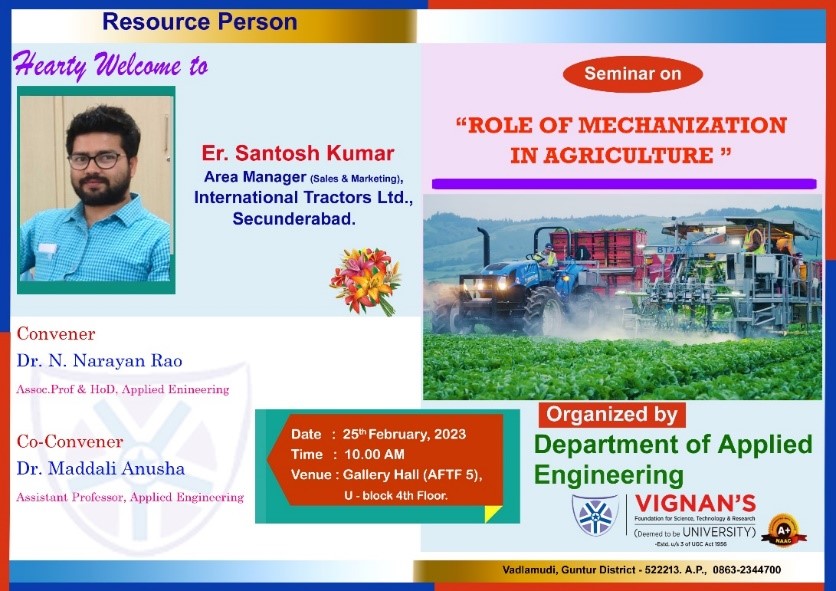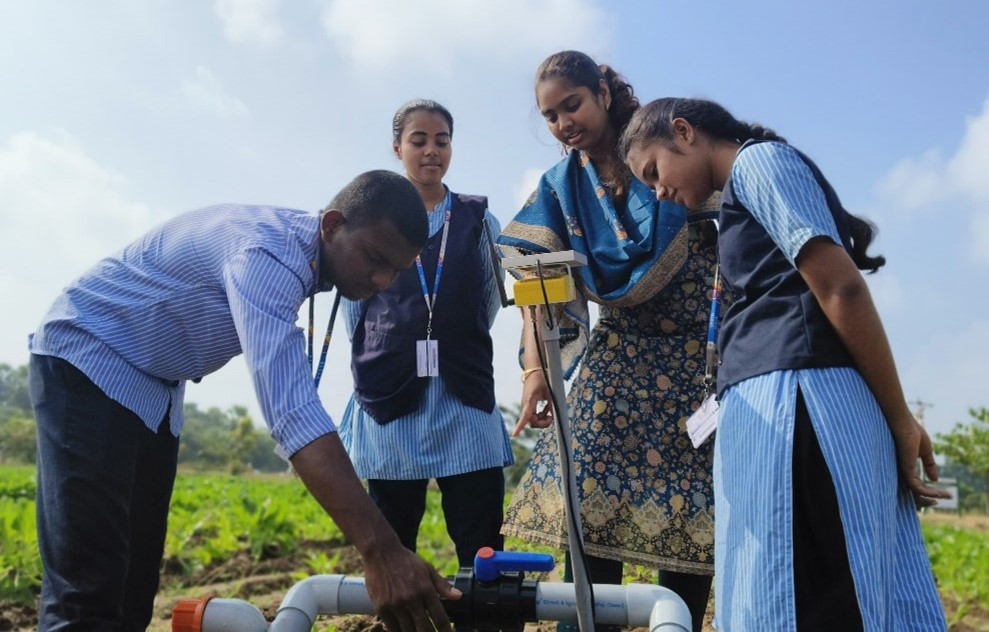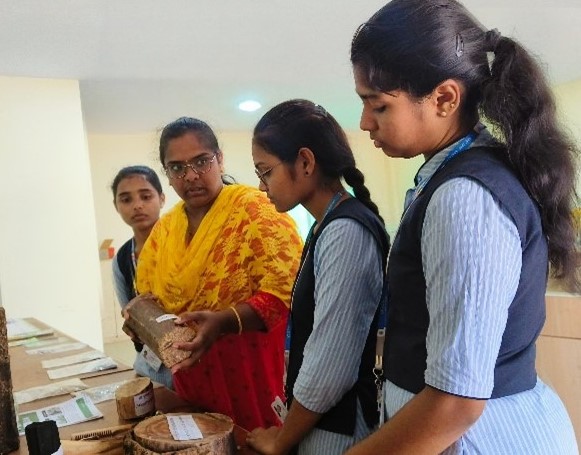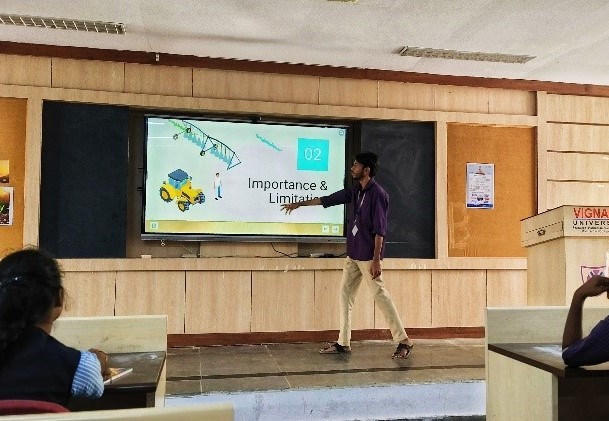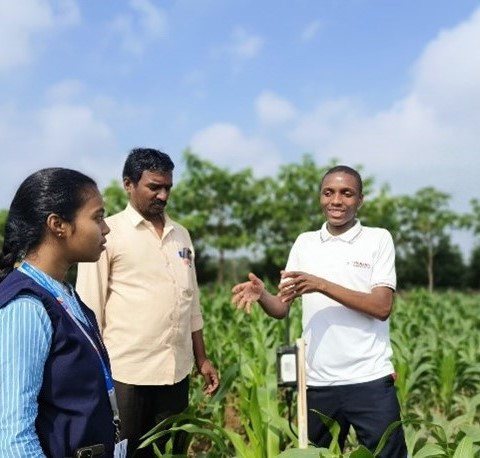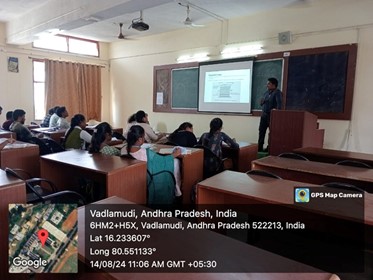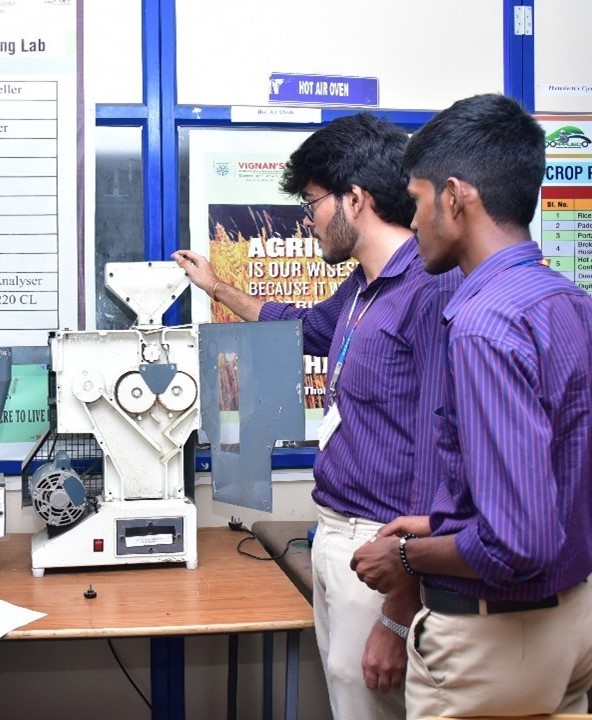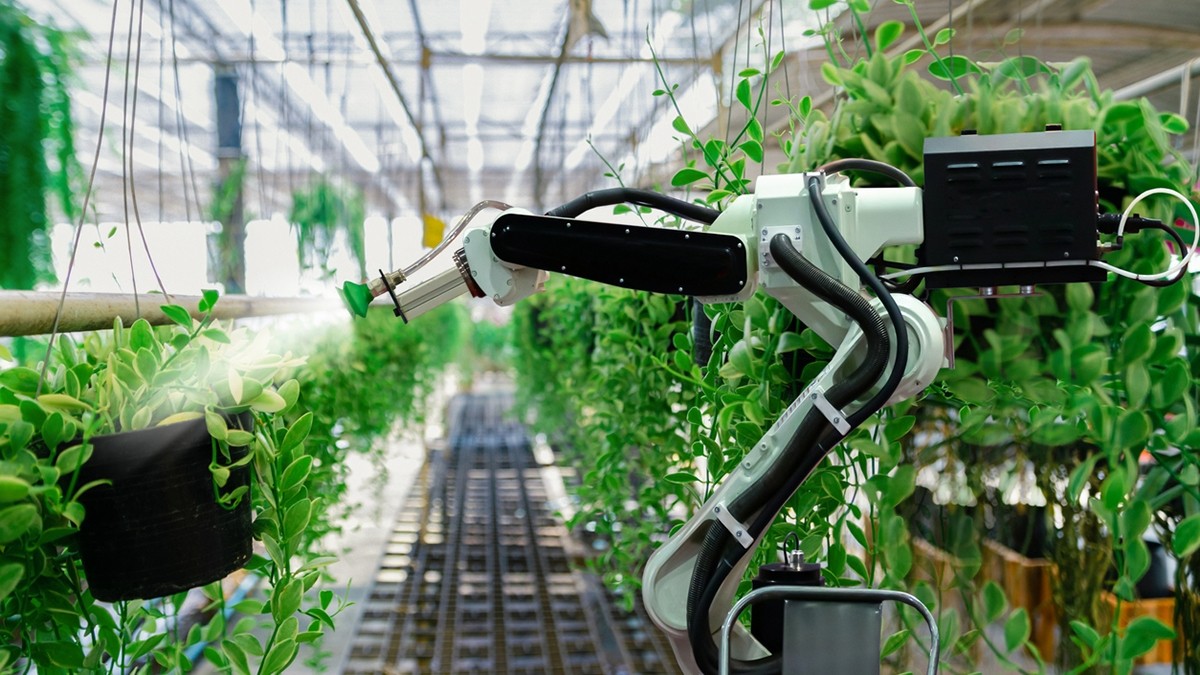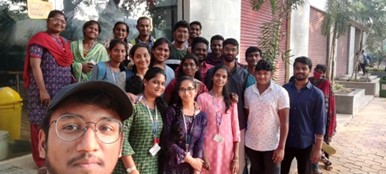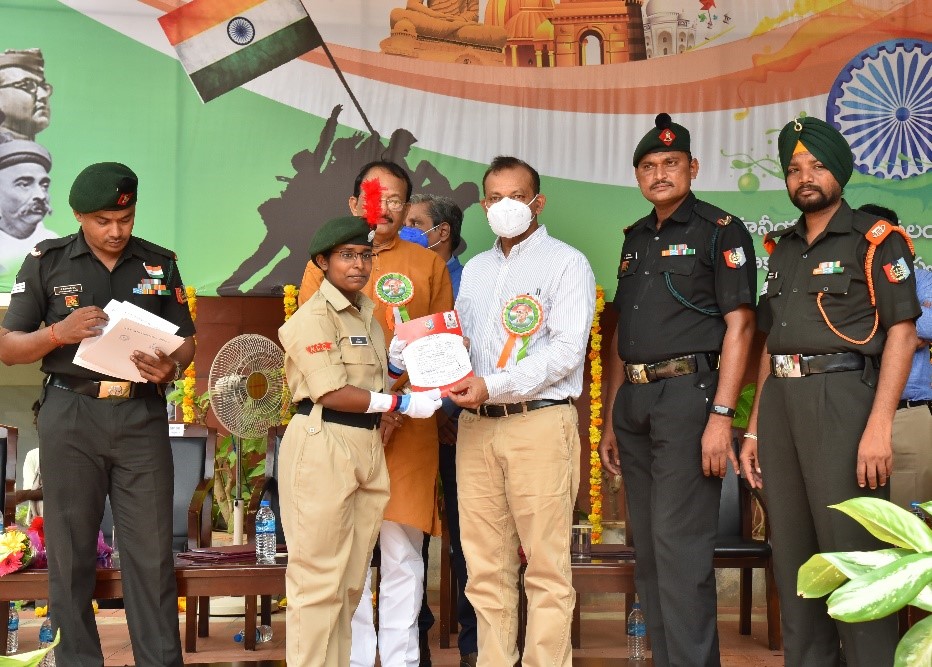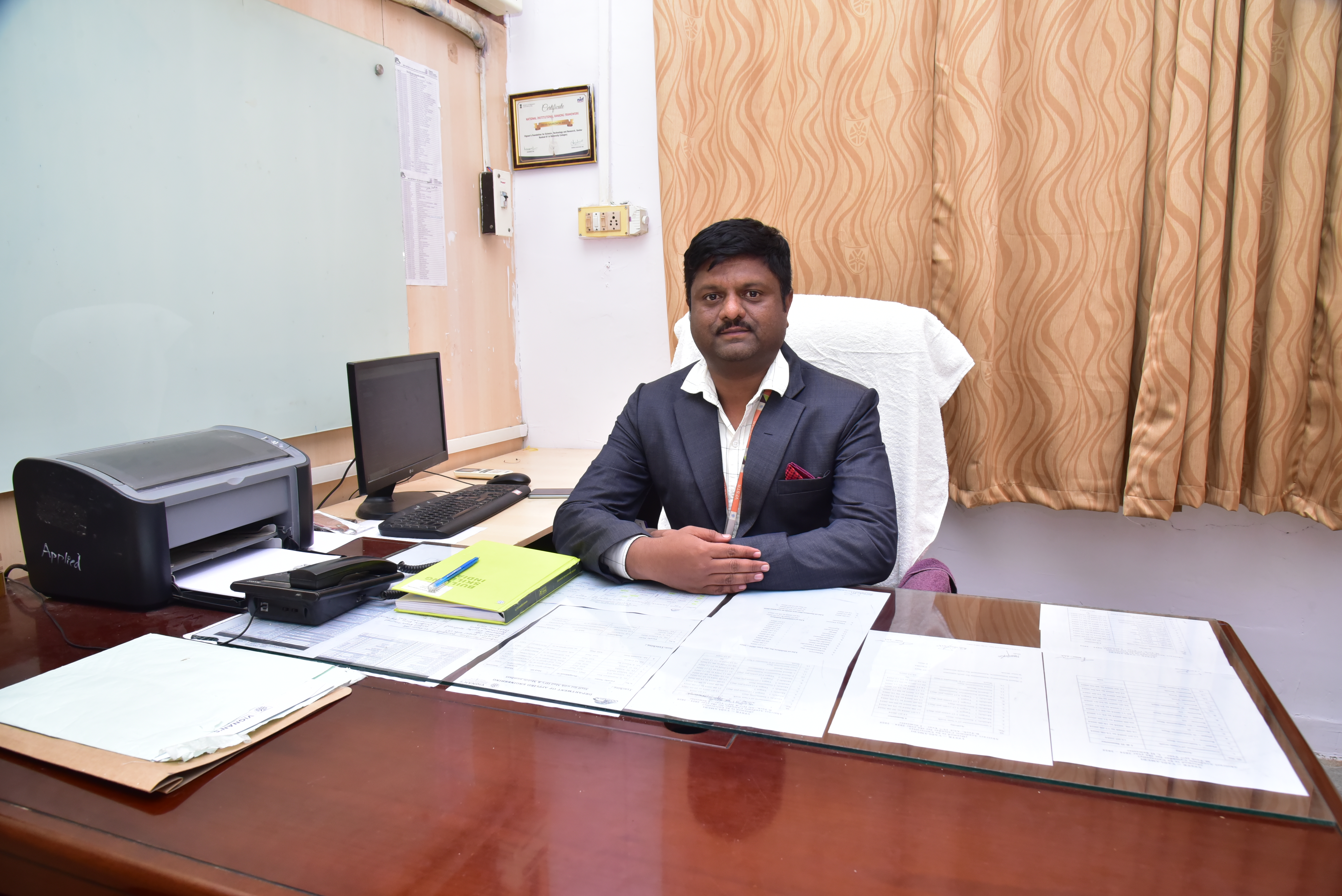Welcome, Aspirants of Agricultural Engineering! As the Coordinator of the Department of Agricultural Engineering, I am delighted to welcome you to our esteemed program. Since 2013, we have been dedicated to advancing this vital field and preparing the next generation of engineers who will shape the
future of agriculture. Our vision is to lead the way in
modernizing farming practices, ensuring
sustainability, and enhancing
productivity through
innovative solutions. We are committed to equipping our students with the knowledge and skills necessary to tackle the challenges of modern agriculture and to foster a sustainable future.
Agricultural Engineering is pivotal in integrating
cutting-edge technology with traditional farming knowledge to address real-world challenges. Our department is dedicated to equipping students with the skills needed to
design, develop, and innovate machinery, tools, and systems that optimize farm operations. By focusing on sustainability and efficiency, we aim to contribute significantly to the agricultural sector and society. There are several compelling reasons why students choose our department over other engineering disciplines. Firstly, Agricultural Engineering offers a
unique blend of mechanical, civil, electrical, and chemical engineering principles with agricultural sciences, providing a diverse and interdisciplinary education. Secondly, our graduates have the opportunity to make a tangible impact on
food security, environmental sustainability, and rural development. Thirdly, students gain hands-on experience with the latest technologies in
precision agriculture, automation, and renewable energy. Lastly, our curriculum emphasizes
sustainable practices, preparing students to address global challenges such as
climate change and resource management. Choosing our department means joining a community that is at the forefront of
agricultural innovation, with promising future prospects and the opportunity to make a
meaningful impact on the world.
I am proud to share that our students have secured positions in a wide range of careers, including
agricultural machinery designs (43), irrigation system designs (36), environmental engineering (11), precision agriculture (27), research and development (16), consultancy and advisory roles (19), Banking (28) and agribusinesses (47).
We are excited to announce that in the coming years, we will be obtaining
ICAR accreditation. Our aim is to establish a
Center of Excellence in AI, IoT, and Automation-based Agriculture, which will further enhance our capabilities and offerings. We are committed to continuously enhancing our
curriculum, research capabilities, and industry partnerships. With our dedicated faculty and talented students, we strive to foster a learning environment that promotes
creativity and practical problem-solving. Together, we will continue to contribute to sustainable agricultural practices and the development of technologies that benefit farmers and society at large.
Future plan of Actions (to cover) :
1. Academics
- Introduction of M. Tech. Programme in Soil and Water Conservation Engineering.
- Short term training Programme in Precision Agriculture.
- Increasing Visiting Professors / Professors of Practice for guiding Scholars.
2. Research
- MoU’s with CRIDA Hyderabad and CIAE Bhopal for research collaboration.
- Establishment of Advanced Research Centre for precision Farming in collaboration with industry.
- Increasing government funded projects related to sustainable agriculture.
- Capacity building for the faculty: Training in Advanced AI and ML applications for agriculture.




